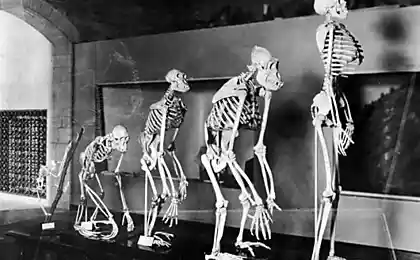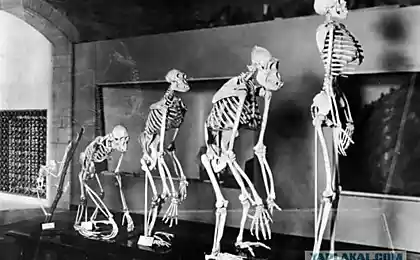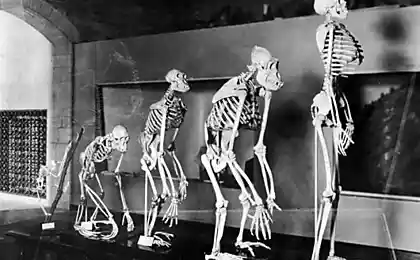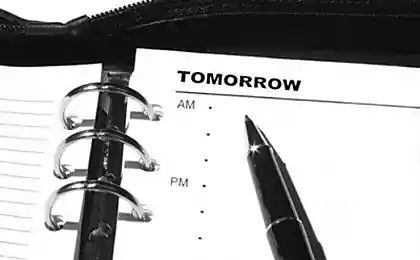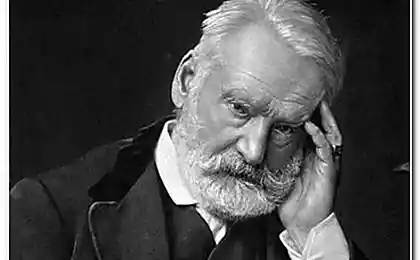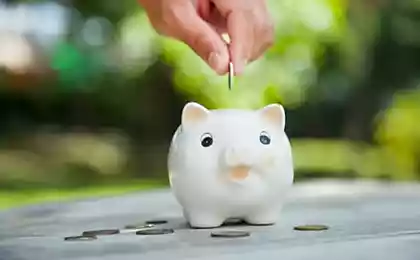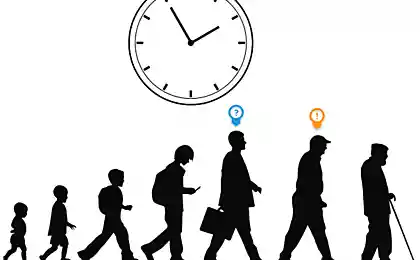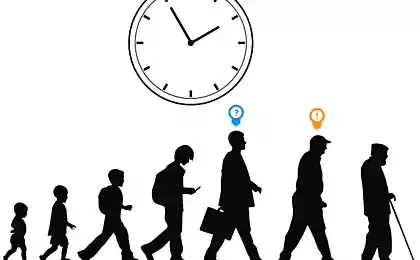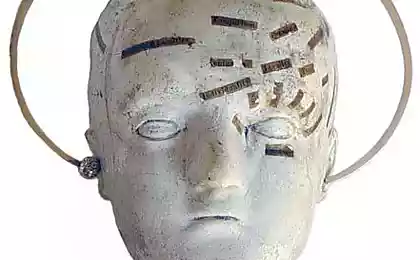405
Apes can delay instant profit

The tendency of primates to choose the larger future benefits due to an immediate, but small reward depends on body size and life expectancy of the monkey.
One of the most remarkable properties of human consciousness is the ability to abandon a small immediate gains in favor of the benefits much more, but which come to us after some time. Theoretically we all understand the benefits of delayed benefits, although practically not everyone can or wants to endure to the better future.
The differences are already at children's age: in 70-e years of the last century has been made an experiment with children who were given a marshmallow (so then was called "the marshmallow experiment") and said that they could eat the treat now or later. If the child agreed to wait, then got a second helping. Some kids ate the marshmallows immediately, some decided to wait. Over time, I think, one of us becomes committed to the same type of behavior, someone else, but, again, to realize the benefits of deferred benefits can.
But let's not forget that many of the features of the human psyche have their own evolutionary history, and some of these features can be observed including those of modern apes. And it would be probably interesting to know how they are doing with deferred benefits. On this issue thought Jeffrey Stevens (Jeffrey R. Stevens), a specialist in comparative psychology from the University of Nebraska-Lincoln. In his work, published in the journal Proceedings of the Royal Society B, he analyzes the behavior of thirteen species of modern primates, from gorillas to marmosets. It turned out that in principle, the apes can defer immediate benefits for the sake of future, but the time that monkeys are willing to wait varies from species to species. For example, chimpanzees can wait two minutes, meaning to get more grapes, but a black lemur lasts only 15 seconds. The pattern was this: the bigger the monkey was, the more was her mind the longer she lived the more areas she needed for life, the greater was her self-control and the longer she was willing to wait for delayed rewards.
All these factors worked together. Chimpanzees, which live an average of 60 years which is about 56 square kilometers, was in this sense Champions – as has been said, they were ready to wait for two minutes. The title of the impatient monkey, you can assign the Oedipus tamarins – they were expecting future benefits is not more than eight seconds. These results were preceded by many years of experiments that Geoffrey Davis and his colleagues posed with lemurs, marotetini, Tamarine, the common chimpanzee and the Bonobo chimp. In addition, the work benefited from the contributions of other research groups. Thus, curiously, failed to find consistency between the willingness to wait, on the one hand, and the complexity of the social structure and General cognitive development. Human communication in this sense can be traced clearly: patience in favor of the future remuneration increases with IQ, level of education, amount of working memory, and so on. But in monkeys it was not so.

According to Jeffrey Stevens, evolutionary factors, which depended on the development of self-control in primates, turned out to be purely physiological. As is known, the rate of metabolism corresponds to the body size, and small animal metabolism is faster. With a fast metabolism are not only anatomic parameters, but also many peculiarities of behavior and ecology. On the other hand, if the monkey metabolism occurs too quickly, this means that she must constantly replenish the supply of nutrients, and to wait for some future benefit small Primate just not my metabolism is waiting for a new portion of fuel right now. However, this is only one explanation, which requires further study. Note also that the ability to such Livramento the choice is not only in primates but also in birds. For example, zoologists from Vienna University (Austria) put the test on the deferred benefit with the Goffin cockatoo and the birds, this test is successfully carried out, and the time that they were willing to wait was 80 seconds – a monkey would envy. And in a similar experience that put with ravens and black crows, birds were willing to wait up to 10 minutes. And corvids, and parrots are famous for their intelligence and wit, although it would be interesting to check whether and patience from body size and life expectancy.
Source: nkj.ru

